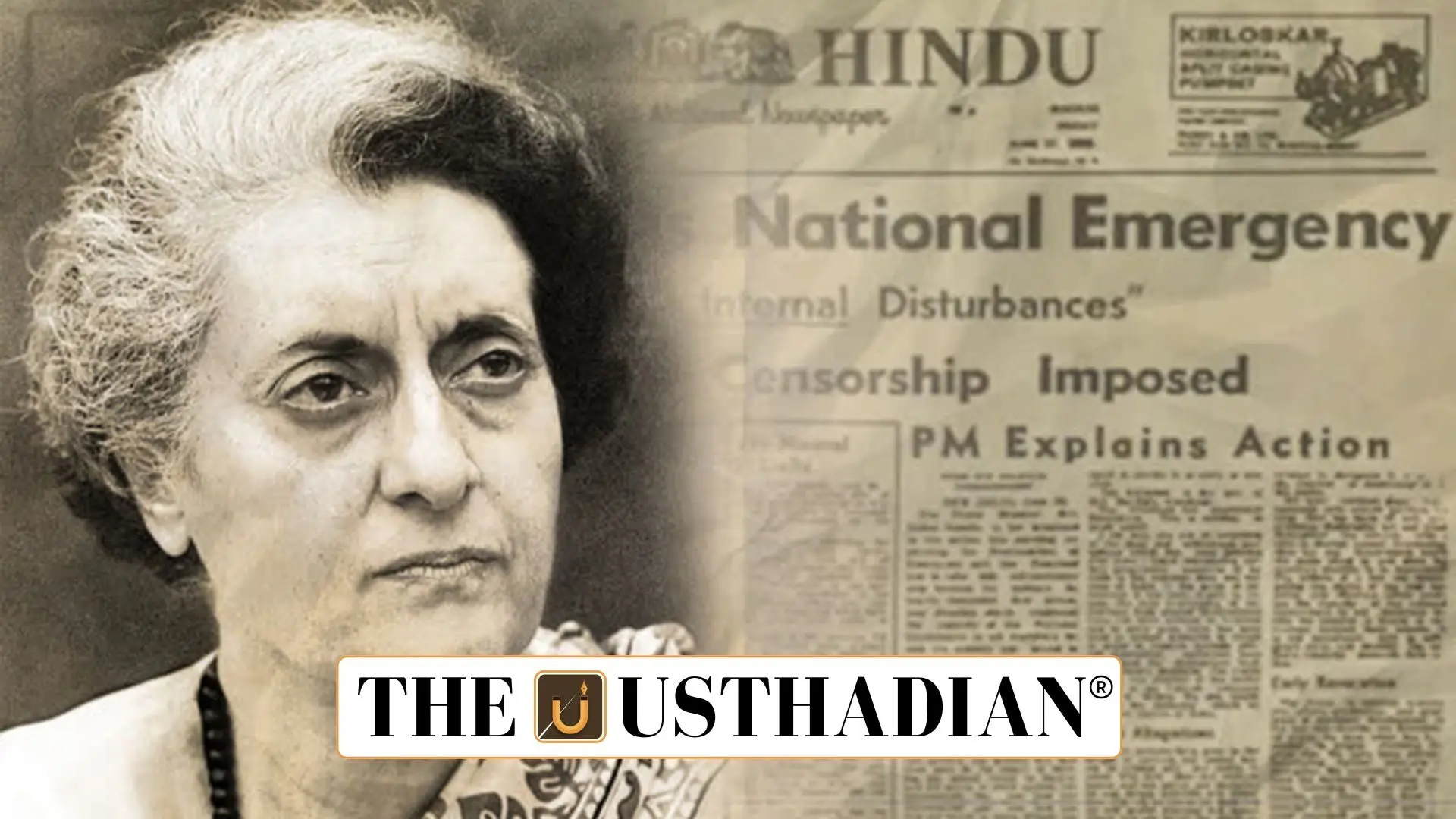Revisiting a turning point
Indira Gandhi Book Brings Fresh Look at Emergency Era: As India approaches the 50th anniversary of the Emergency on June 26, 2025, a new book is sparking fresh debates. Titled Indira Gandhi and the Years that Transformed India, it is written by TCA Srinivasa Raghavan, a respected journalist and scholar. Published on May 23, 2025, this book dives deep into one of the most controversial chapters in India’s democratic journey.
Instead of repeating sensational stories, the book offers a calm, academic perspective on the events that shaped the 1970s. It revisits the tension between the executive, legislature, and judiciary, particularly during the Emergency from 1975 to 1977. This period saw unprecedented restrictions on civil rights and major constitutional shifts.
Why it matters today?
With today’s rising conversations about constitutional limits, citizens’ rights, and institutional roles, the book arrives at a crucial moment. The Emergency was triggered by the Allahabad High Court’s 1975 verdict, which found Indira Gandhi guilty of electoral malpractice. That one event, on June 12, led to the Emergency declaration just two weeks later.
Raghavan’s book brings attention to the larger power struggle in Indian democracy. It doesn’t focus on dramatic incidents like forced sterilizations or Indira’s personal life. Instead, it explores how the roles of Indian institutions evolved, how Sanjay Gandhi’s growing political influence affected administration, and how key figures like PN Haksar and Nani Palkhiwala shaped responses to the crisis.
Themes in the book
A central idea in the book is the constitutional balance of power. The 1970s are portrayed as a decade where India’s democratic institutions wrestled for supremacy. Over time, Indira Gandhi moved from being seen as a vulnerable leader to a dominant political force.
Raghavan also sheds light on how left-leaning policies emerged during this time. He notes how Indira Gandhi adopted socialist principles in the 1970s and secular policies in the 1980s. The book offers insights into long-term impacts of those years on India’s political landscape, including today’s debates on civil liberties.
Static insights from history
Here’s a quick refresher of key facts:
- Emergency Period: June 26, 1975 – March 21, 1977
- Reason: Allahabad HC ruling on June 12, 1975, invalidated Indira’s 1971 election win
- Leaders involved: PN Haksar, Sanjay Gandhi, A.N. Ray, Nani Palkhiwala
- Key concepts: Article 352, Press censorship, Fundamental rights suspension
- Indira’s policies: Nationalization, abolition of privy purses, promotion of secularism
Static Usthadian Current Affairs Table
| Topic | Detail |
| Book Title | Indira Gandhi and the Years that Transformed India |
| Author | TCA Srinivasa Raghavan |
| Published On | May 23, 2025 |
| Emergency Start | June 26, 1975 |
| Emergency End | March 21, 1977 |
| Key Trigger | Allahabad HC ruling on June 12, 1975 |
| Important Personalities | PN Haksar, Sanjay Gandhi, Nani Palkhiwala, A.N. Ray |
| Key Legal Provision | Article 352 of the Constitution |
| Notable Themes | Institutional power struggle, shift in governance, secular and socialist policies |
| Static Fact | Indira Gandhi served as PM from 1966–1977 and 1980–1984 |








